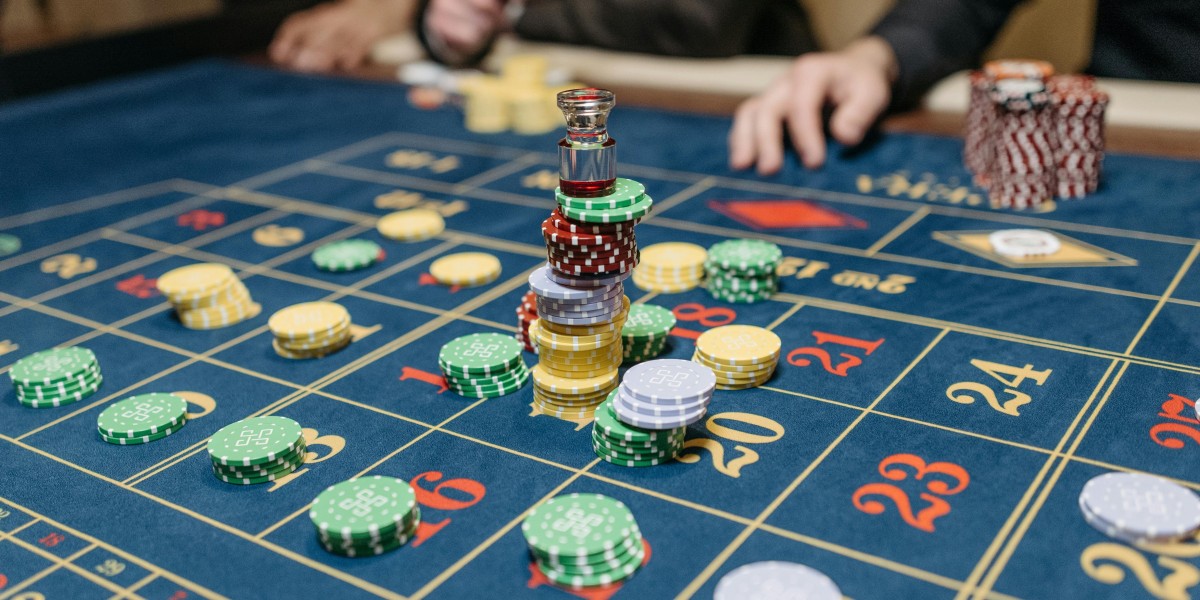Gambling has existed for centuries, but in today’s world, it’s more accessible than ever. With the rise of online platforms, sports betting apps, and 24/7 casino culture, gambling is no longer limited to smoke-filled rooms or weekend getaways—it’s in our pockets, homes, and even our daily routines. While gambling may begin as a form of entertainment or an occasional thrill, for many, it becomes a dangerous habit that consumes their mental health, relationships, and social stability. The psychological toll and social consequences of gambling addiction are often overlooked, yet they can be as devastating as any substance dependency.
At its core, gambling addiction is a mental health disorder. It's not simply a matter of poor decision-making or lack of self-control. It’s a compulsive behavior that hijacks the brain’s reward system. The highs of winning and the crushing lows of losing create a cycle that the mind becomes addicted to. This cycle is reinforced by dopamine, the same neurotransmitter involved in drug and alcohol addiction. Over time, gamblers stop chasing money—they chase the feeling, the rush, the escape. It’s this pursuit of emotional relief that makes gambling so insidious.
As the addiction takes root, the psychological effects begin to surface. Anxiety and depression are common among compulsive gamblers. The uncertainty and stress of chasing losses can leave individuals in a constant state of panic. Sleep patterns are disrupted. Appetite changes. Concentration at work or school fades. Many gamblers live with intense guilt and shame, especially as they begin to recognize the harm they're causing themselves and others. This emotional burden often isolates them further, pushing them deeper into the very habit they’re trying to escape.
The consequences of gambling stretch far beyond the individual. Relationships are one of the first casualties. Gamblers frequently lie to loved ones about their losses, their habits, and their financial situation. As trust erodes, family dynamics become strained. Spouses may feel betrayed, children may feel neglected, and close friends may pull away. In many cases, the emotional damage is more painful than the financial one. Families can fall apart under the pressure of addiction, and rebuilding those connections becomes incredibly difficult.
Financial ruin is another harsh reality. What starts as small bets can quickly escalate into massive debts, drained savings, and missed bills. Gamblers may turn to borrowing money, selling possessions, or even engaging in illegal activities to cover olxtoto their losses or place “one last bet.” Bankruptcy, foreclosure, and job loss are not uncommon among chronic gamblers. These outcomes only reinforce feelings of failure, perpetuating the emotional spiral that feeds the addiction.
Socially, gambling addiction carries a heavy stigma. It’s often misunderstood or trivialized by those who view it as simply irresponsible behavior. As a result, many sufferers feel ashamed and hide their problem rather than seek help. This reluctance can delay intervention until the situation becomes truly desperate. In some communities, particularly where gambling is culturally normalized, the problem is even harder to address because it's seen as acceptable or “just part of life.”
Recovery from gambling addiction is possible, but it requires more than willpower. It takes structured therapy, often involving cognitive-behavioral techniques to reframe thought patterns and address underlying emotional triggers. Group support systems like Gamblers Anonymous provide community, accountability, and encouragement. Financial counseling can help individuals rebuild stability. Most importantly, recovery demands compassion—from the person struggling and from those around them.
Gambling is more than a game—it’s a psychological trap that can steal years of someone’s life. By recognizing its emotional impact and societal cost, we can move away from blaming individuals and toward building systems of support, education, and early intervention. The stakes are too high to ignore. For those trapped in the cycle, breaking free may feel impossible, but with the right help, hope and healing are within reach.







